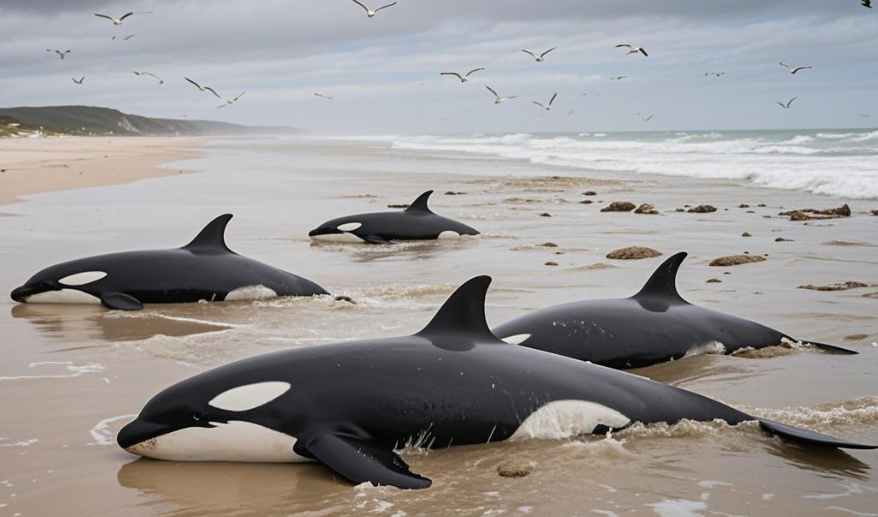The stranding of seven false killer whales, four of which died on May 5 at Howth Beach, Western Australia, Australia, was another major ecological event following the 2024 mass stranding of 157 false killer whales in Tasmania. Marine biologists suggest that the matrilineal social structure of false killer whales leads to “follow the leader” group behavior, and that environmental stressors such as sonar interference and food shortages may have triggered the strandings. Meanwhile, two North Atlantic right whales (Eubalaena glacialis) have been recorded for the first time in Bahamian waters, and the anomalous migratory routes of this critically endangered species (of which only 372 remain) have prompted scientists to raise concerns about changes in the marine environment. The study found that they may have been forced southward in search of new habitats due to food shortages caused by warming waters in the western North Atlantic.

Leave a Reply